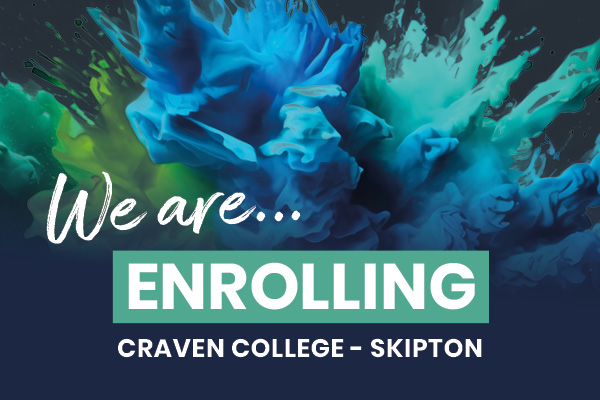Plumbing & Domestic Heating Apprenticeship
Plumbing and Domestic Heating Technicians plan, select, install, service, commission and maintain all aspects of plumbing and heating systems. Plumbing and domestic heating technicians can find themselves working inside or outside a property. Customer service skills and being tidy and respectful are important qualities as they can often find themselves working in customers’ homes as well as on building sites.
As a competent Plumbing and Heating Technician, the installation of plumbing and heating systems includes accurate measuring, marking, cutting, bending and jointing metallic and non-metallic pipework. Appliances and equipment can include gas, oil and solid fuel boilers as well as pumps, heat emitters, bathroom furniture or controls as part of a cold water, hot water, and central heating or above ground drainage and rainwater systems. Plumbing and Domestic Heating Technicians are at the forefront of installing new and exciting environmental technologies like heat pumps, solar thermal systems, biomass boilers and water recycling systems. It is important for a plumbing and heating technician to be able to work independently or as a team and use their knowledge and skills to ensure that both the system and appliances are appropriately selected and correctly installed, often without any supervision, and done so in a safe, efficient and economical manner to minimise waste.
What you will study
- Health and safety
- Understand selection, planning, installation, testing, commissioning and de-commissioning, service, maintenance, fault diagnosis and repair techniques on cold water, hot water, central heating, above ground drainage and rainwater systems
- Understand installation and testing techniques for electrical components and control systems on plumbing and domestic heating systems
- Understand scientific plumbing, domestic heating and mechanical principles
- Understand the principles of domestic mechanical environmental technology systems
- Understand the principles of fuel combustion, ventilation and fluing arrangements within a domestic environment
- Understand the principles of high quality customer service and establishing the needs of others (colleagues, customers and other stakeholders). Respect the working environment including customer’s properties
- Understand different communication methods, how to communicate in a clear, articulate and appropriate manner and how to adapt communication style to suit different situations
In addition to the core skills and knowledge requirements, Plumbing and Domestic Heating Technicians must choose to undertake one of the following specialisms:
- Fossil Fuel – Natural Gas
- Fossil Fuel – Oil
- Fossil Fuel – Solid Fuel
- Environmental Technologies
- Operate in a safe working manner by adhering to health and safety legislation, codes of practice and applying safe working practices
- Apply selection, planning, installation, testing, commissioning and de-commissioning, service, maintenance, fault diagnosis and repair techniques on cold water, hot water, central heating, above ground drainage and rainwater systems
- Apply installation and testing techniques for electrical components and control systems on plumbing and domestic heating systems
- Take responsibility for own work and safety and welfare of others Oversee and organise the programme of work and work environment Carry out work and manage resources in an environmentally friendly manner
- Develop trust with customers and colleagues by undertaking responsibilities in an ethical and empathetic manner.
- Show conscientiousness through being punctual, reliable and professional. Take responsibility for own judgements and actions. Aware of the limits of their own competence
- Demonstrate drive and energy in fulfilling requirements of role
- Be quality focussed in work and in personal standards
- Identify own development needs and take action to meet those needs. Keep up-to-date with best practice. Maintain and enhance competence
- Work effectively and collaborate with colleagues, other trades, clients, suppliers and the public
- Give consideration to appropriate use of resources and own actions taking into account the impact on environmental, social and economic factors
What's Next?
Further Study
- Higher Education or Management Qualifications, such as the Chartered Institute of Plumbing and Heating Engineering(CIPHE) and or The Chartered Institute of Building Services Engineers (CIBSE)
Careers
- Plumber
- Domestic Heating Engineer Domestic Heating Installer
- Plumbing and Domestic Heating Installer
- Plumbing and Domestic Heating Engineer



